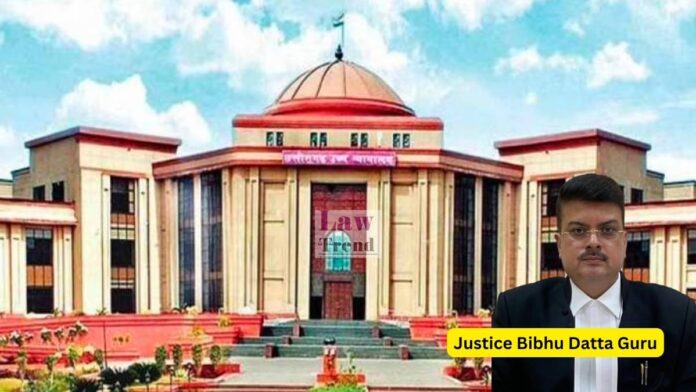The High Court of Chhattisgarh has acquitted a former Bill Assistant of the Madhya Pradesh State Road Transport Corporation (M.P.S.R.T.C.), setting aside his conviction in a bribery case dating back to 1986. Justice Bibhu Datta Guru allowed the criminal appeal, ruling that the prosecution had failed to prove the essential ingredients of demand and acceptance
To Read More Please Subscribe to VIP Membership for Unlimited Access to All the Articles, Download Available Copies of Judgments/Order, Acess to Central/State Bare Acts, Advertisement Free Content, Access to More than 4000 Legal Drafts( Readymade Editable Formats of Suits, Petitions, Writs, Legal Notices, Divorce Petitions, 138 Notices, Bail Applications etc.) in Hindi and English.




